Our team is
there for you
Discover how we can help you
It’s completely natural to feel overwhelmed and unsettled when your loved one receives a polycystic kidney disease diagnosis. We’re here to help you navigate this stressful time. At the Larivière & Massicotte pharmacy, we’re here to support you and your loved ones, working with your doctors, nurses, and pharmacists to ensure you receive the best possible pharmacological treatment. We manage your medications so you can focus on fighting the disease.
We’re here to support you.

What is ADPKD?
Autosomal dominant polycystic kidney disease (ADPKD) is a hereditary genetic disorder affecting the kidneys. The disease is characterized by the formation of cysts (small fluid-filled pockets) on the kidneys. Over time, kidney failure occurs and may lead to dialysis or kidney transplantation. ADPKD is autosomal dominant, which means it is inherited from one parent, and each child with a single affected parent has a 50% chance of inheriting the disease.
How is ADPKD diagnosed?
Diagnosis of ADPKD is generally made through clinical examination, medical imaging of the kidneys, such as ultrasound or CT scans, and genetic testing to confirm the presence of specific mutations associated with the disease.
What are the complications of ADPKD?
In the early stages of the disease, the patient typically has no symptoms. Hypertension is one of the first signs and contributes to the deterioration of kidney function. Other symptoms may include lower back pain, abdominal pressure, or blood in the urine. Symptoms can vary in severity from one person to another.
How is ADPKD treated?
When suffering from ADPKD, it is essential to treat hypertension to avoid further damage to the kidneys. Patients can also slow the loss of kidney function by limiting their daily sodium intake to 2 grams or less, and drinking at least 3 litres of water a day. In some patients, drugs such as Tolvaptan may be prescribed to delay the progression of kidney enlargement and slow the decline in kidney function.
Our pharmacists are here to answer your questions, contact us.
How can Larivière & Massicotte support you?
Our mission for pharmaceutical treatments specific to your condition
Our committed team works hand in hand with community pharmacists, healthcare teams, and various healthcare professionals to support patients with rare and complex disease, ensuring the best possible care for them.
Common questions
What are the daily challenges for people living with ADPKD?
ADPKD can lead to high blood pressure, which can be a daily challenge to control. This includes regular medication, frequent medical visits, and dietary changes to cut down on sodium intake. Kidney cysts may cause lower back pain or abdominal discomfort. Some patients may also require advanced dialysis or a kidney transplant. Support from family and friends, as well as education about the disease, can play an important role in adjusting to living and coping with ADPKD.
How can cutting back on daily sodium intake improve outcomes for patients with polycystic kidney disease?
Lowering sodium intake in ADPKD patients slows the progression of the disease and prevents the formation of new kidney cysts by helping to reduce blood pressure and limit renal stress. This also reduces the undesirable side effects of ADPKD treatments, such as thirst and the need to urinate at night.



